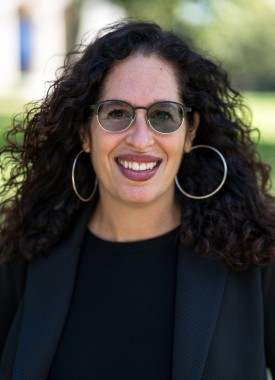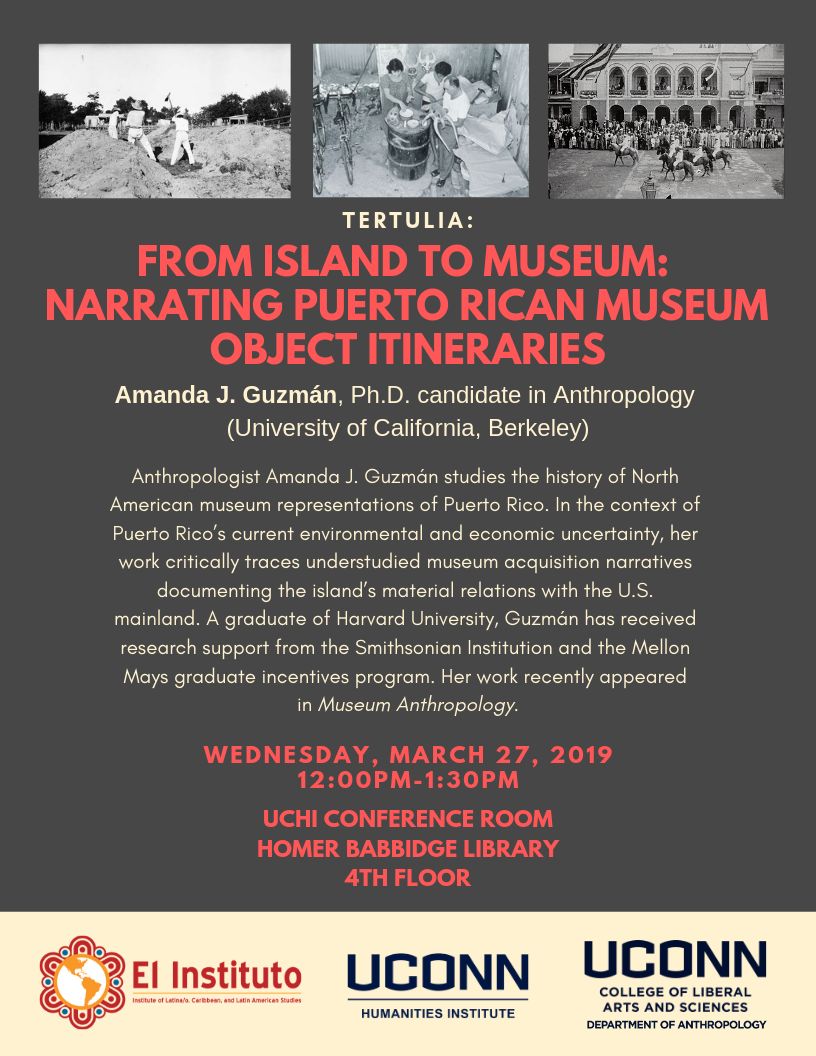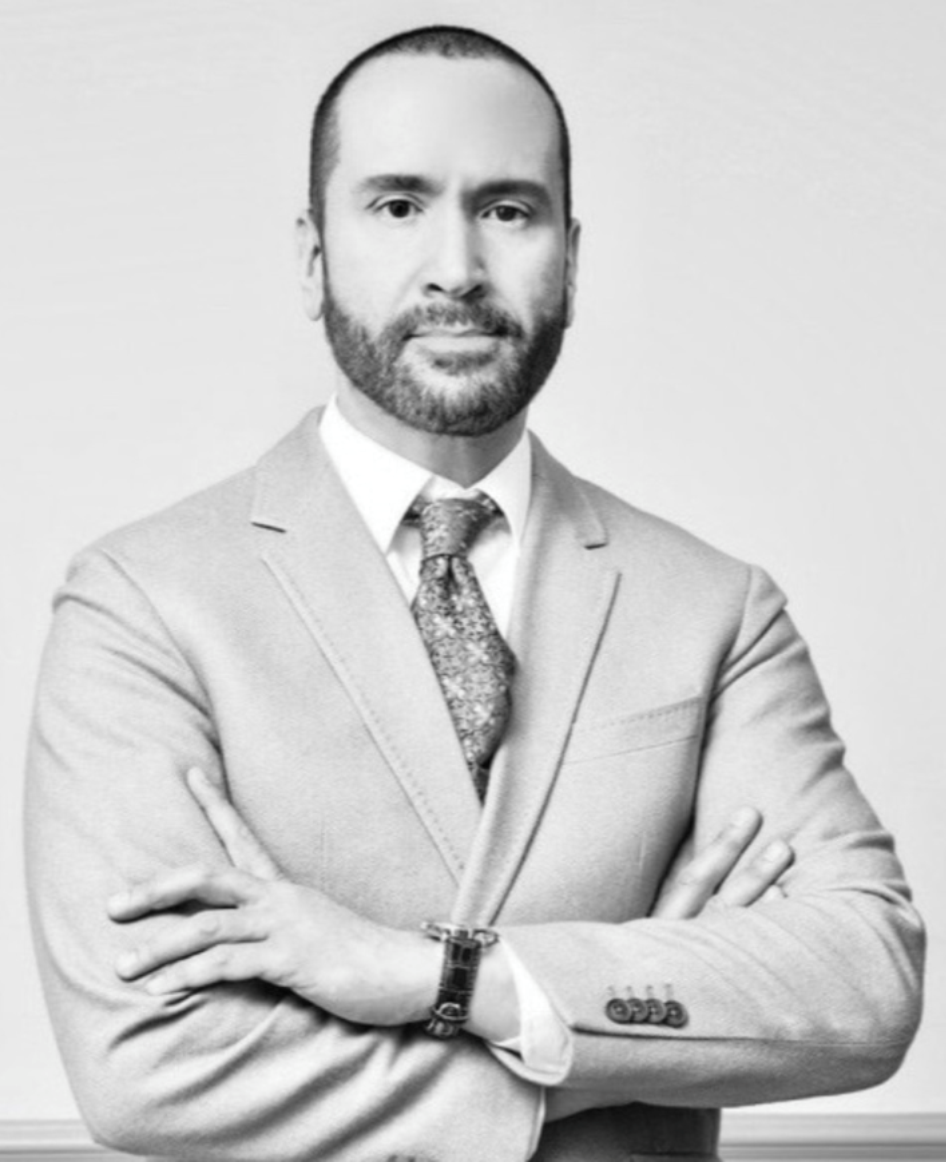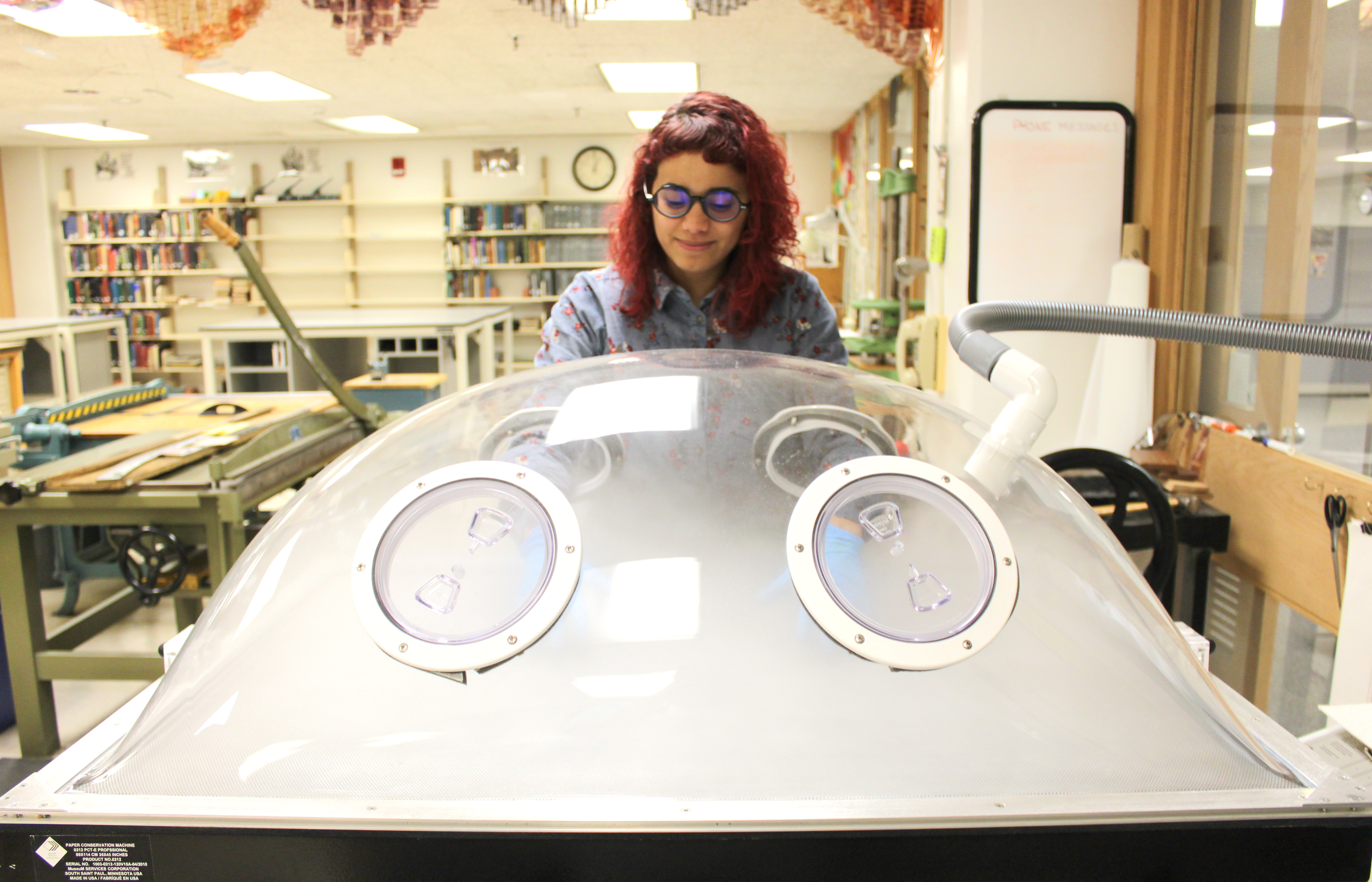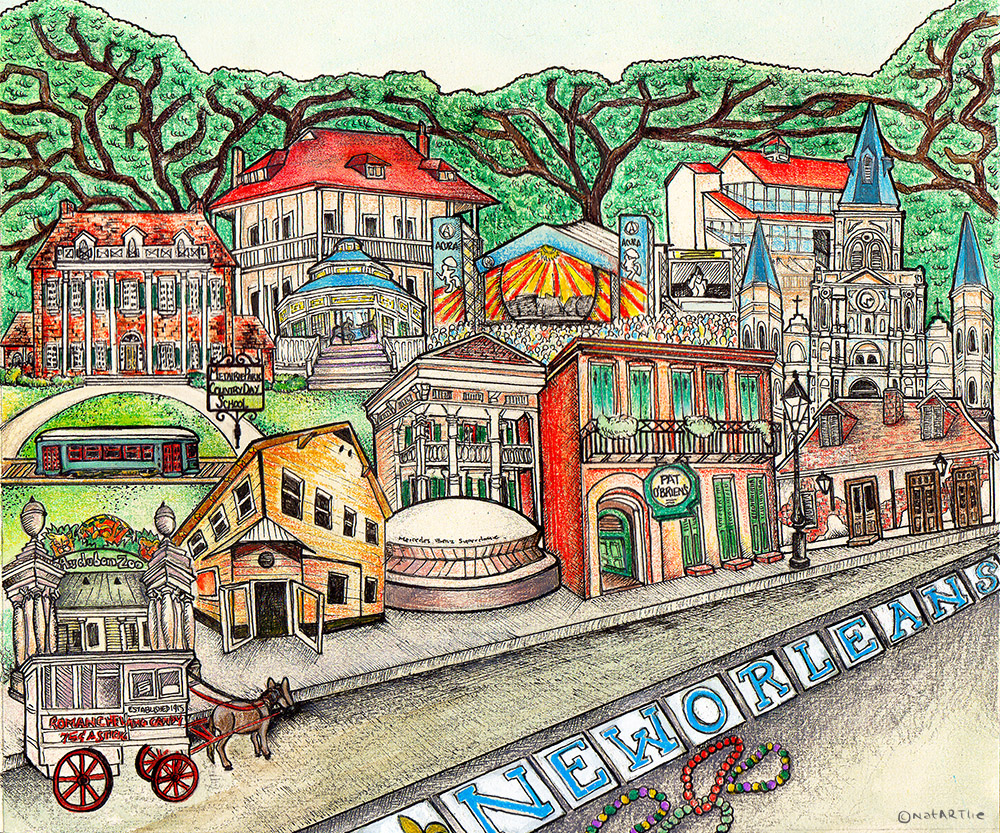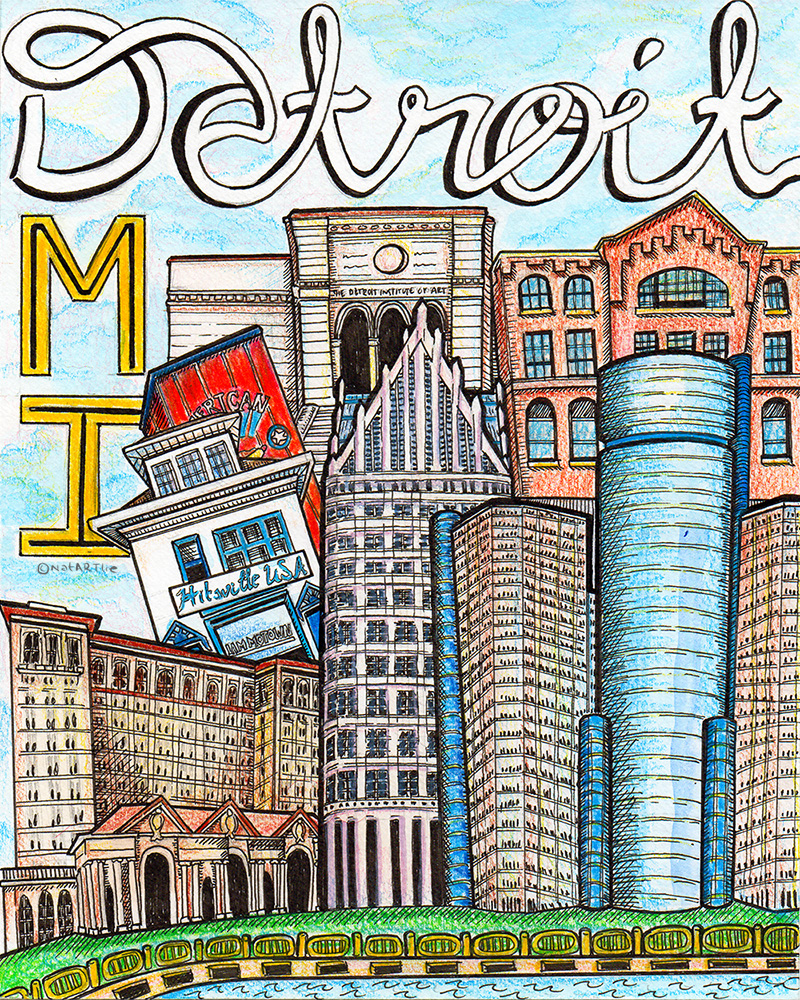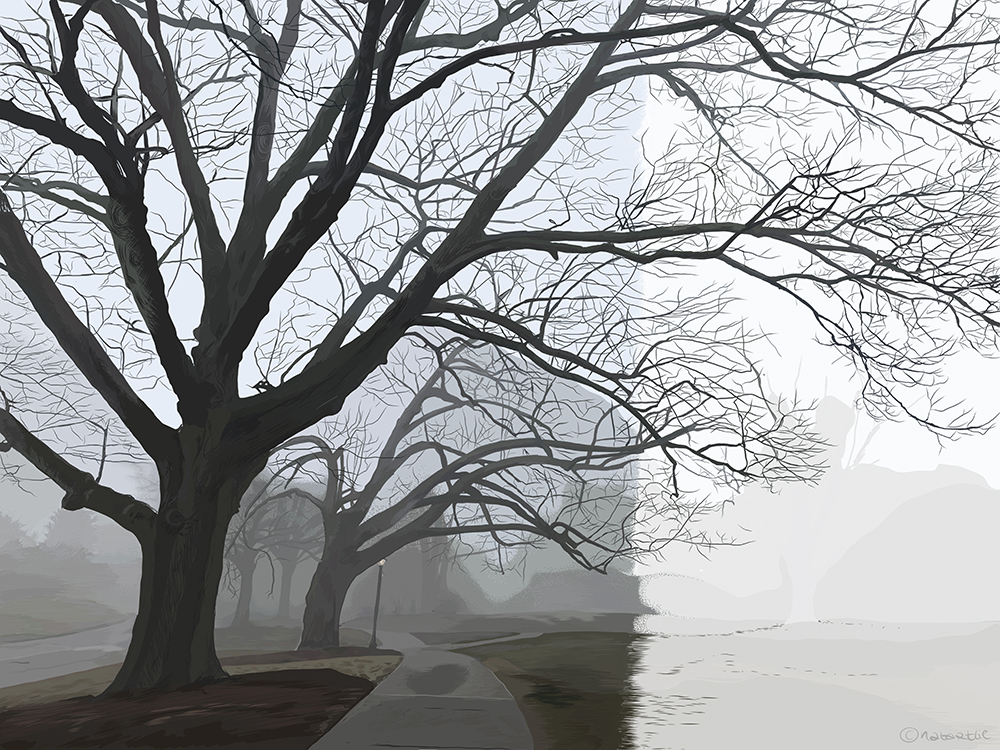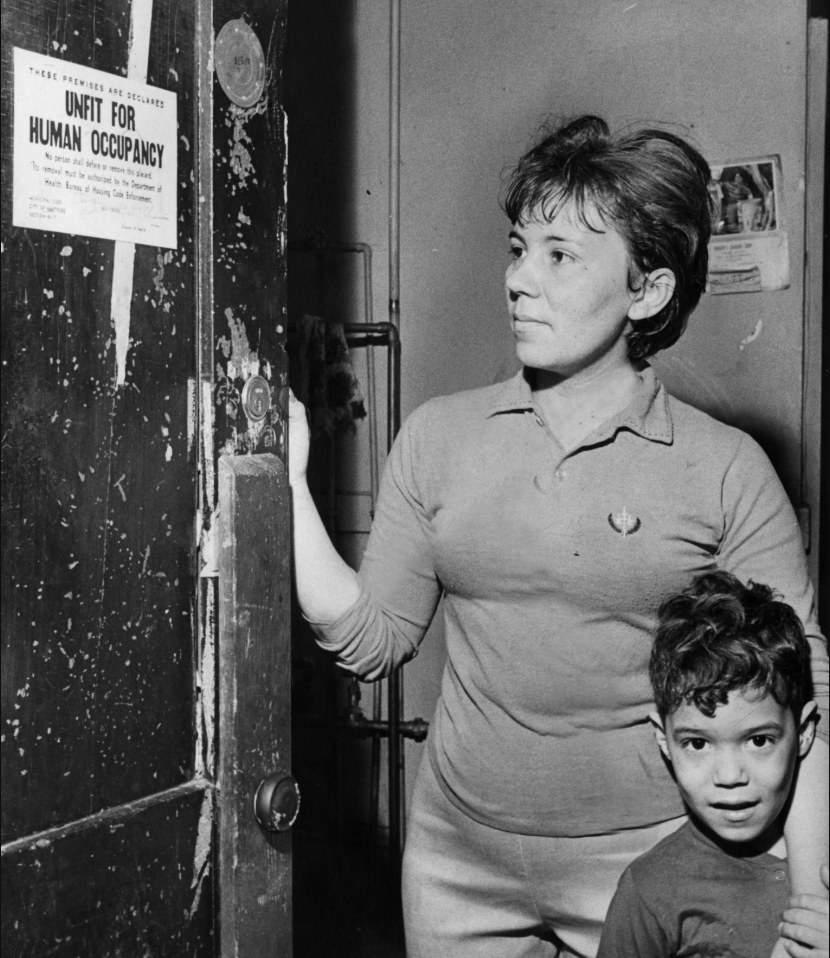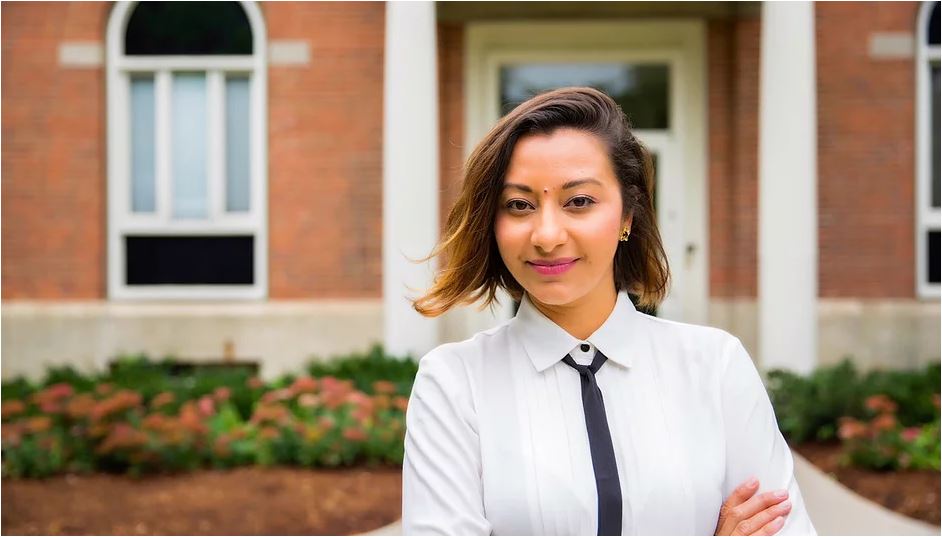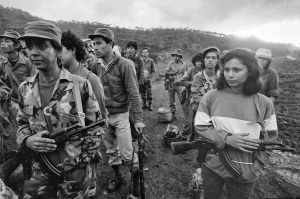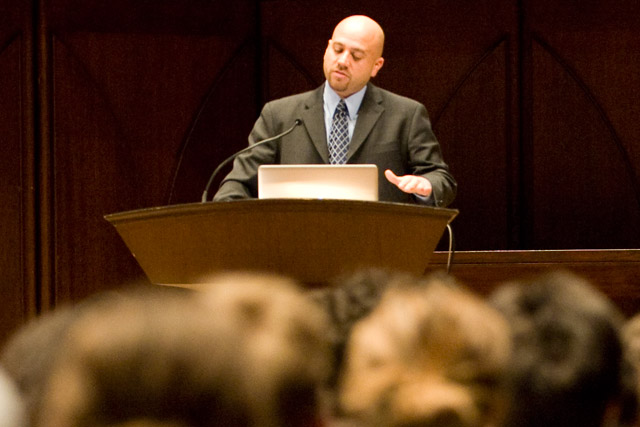
Dr. Jason G. Irizarry’s (Associate Professor of Curriculum and Instruction and Faculty Associate of El Instituto) undergraduate course, Education in the Latinx Diaspora (LLAS 3998), critically explores the educational experiences and outcomes of Latinos, the largest and fastest growing “minoritized” group in U.S. schools. The curriculum and course assignments range from readings on LatCrit Theory, Latinx epistemologies, and Latinx student identities, to projects in which students draft testimonios, conduct phenomenological interviews with one another, and complete an investigation of an issue related to Latinx students in U.S. schools using Photo Voice. The “latino-centric” approach interwoven through this course has been to use theories generated by Latinos to examine Latinx education, approach the coursework critically using Participatory Action Research, and allow for a space that both promotes self-reflection and stimulates a desire for action and advocacy.
Unexpectedly, even though Irizarry’s class is open to all UConn students and does not require pre-requisites, only five students signed up for the course, all of which happened to self-identify as Latinx. None of the five students are Education students; they are instead comprised of majors spanning from Sociology to Neurobiology. Both Irizarry and the students concur that having this specific set of students has added, in the words of Irizarry, a “wrinkle” to the course. Simultaneously learning about Latinx students and being a group of Latinx students in an otherwise predominantly non-Latino institution has allowed for a more profound connection to the coursework and has fostered a more intense motivation for the students to learn.
A handful of the students described their experience in the course as not only a period of introspection, but also an opportunity to flip the deficit narrative for the entire U.S. Latinx community. The students alluded to the class being a journey; collectively agreeing that upon walking into this class at the beginning of the semester, they believed their previous educational experiences were unique to themselves as individuals. However, throughout the course of the semester, the knowledge they’ve gained from the course materials and assignments has made them aware of the commonalities among their schooling experiences and, more broadly, the systemic marginalization that Latinx youth face in U.S. schools.
Perhaps the greatest takeaway from this class for this diverse group of students has been the opportunity to have an academic space in which they not only can reflect on the issues that they and the Latino community face in terms of schooling, but also have a space in which they don’t feel pressured to justify why they are there. Moving forward, Irizarry hopes to have more students sign up for the class and have the PRLACC METAS course be a pre-requisite.
Contributed by Julia Marchese
